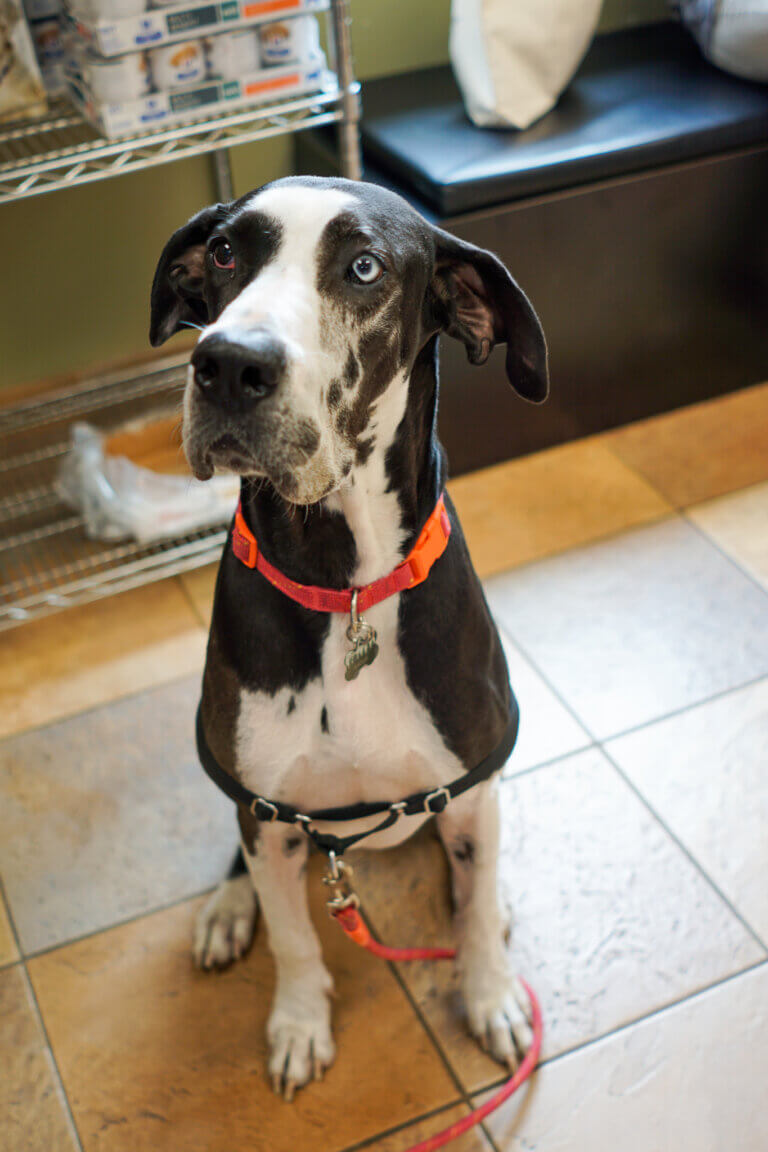As a conscientious pet owner, you naturally want to take care of your pet, and that includes scheduling regular visits to your veterinarian. But how often should you schedule a visit, and what sort of care should happen regularly? Tucson Veterinary Urgent Care is here for those unplanned moments, but here’s why we highly recommend seeking regular checkups to keep your pet in good health.
Why You Should Schedule Regular Checkups
Regular veterinary checkups are not just about catching disease—they’re about maintaining baseline health, monitoring growth or changes, and building a partnership between you and your clinician. With routine visits, your vet can track trends in weight, vital signs, and overall condition; stay current on vaccines and parasite prevention; monitor dental and oral health; run screening lab tests when needed; and spot subtle shifts before they escalate. Preventive care often means simpler treatments and less stress for both pet and owner.
Guidelines for Veterinarian Visits
Here’s a general guideline for how often different pets should see a vet:
- Puppies and Kittens – Every 3–4 weeks initially for vaccinations, deworming, growth checks, and wellness monitoring
- Young Adult and Fully Grown Dogs and Cats – At least once per year for a full wellness exam, boosters, and screening labs
- Pets around 7+ years, or sooner in large breeds – Twice yearly is often ideal to catch age-related changes
- Exotic or Specialized Pets Such as Birds, Reptiles, and Small Mammals – Typically once a year, though some species may need more frequent care
- Pets With Diabetes, Kidney Disease, Arthritis, or Other Chronic Conditions – Every 3 to 6 months or even more often, depending on the condition and treatment plan
How Often Your Pet Should Be Seen
What dictates how often your pet should be seen? Here are some things to consider:
- Species and breed
- Lifestyle
- Health history and chronic conditions
- Environmental changes
What to Expect at Your Regular Wellness Visit
When your pet arrives for a wellness visit, your veterinarian will perform a comprehensive physical exam—eyes, ears, skin, heart, lungs, abdomen, and joints. You’ll discuss changes in appetite, behavior, energy, mobility, or bathroom habits. Vaccines or boosters will be administered as needed. Parasite prevention (fleas, ticks, heartworm) will be reviewed or started. If indicated, screening diagnostics like bloodwork, urinalysis, or stool testing will be done. The vet will assess your pet’s teeth and oral health. Finally, you’ll receive personalized recommendations on nutrition, weight management, dental care, enrichment, and preventive protocols. If anything seems abnormal, additional tests or treatments may be recommended on the spot or as follow-up.
At Tucson Veterinary Urgent Care, we’re open 7 days a week from 10 a.m. to 10 p.m. to provide care that bridges the gap between routine and emergency medicine. Call us to let us know you are on your way, or check in online as you head to our urgent care center in Tucson, AZ. We offer diagnostics, in-house laboratory services, poison treatment, help for allergic reactions or breathing problems, radiography, and surgical procedures.

